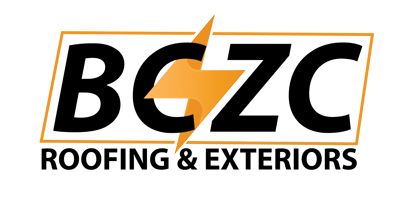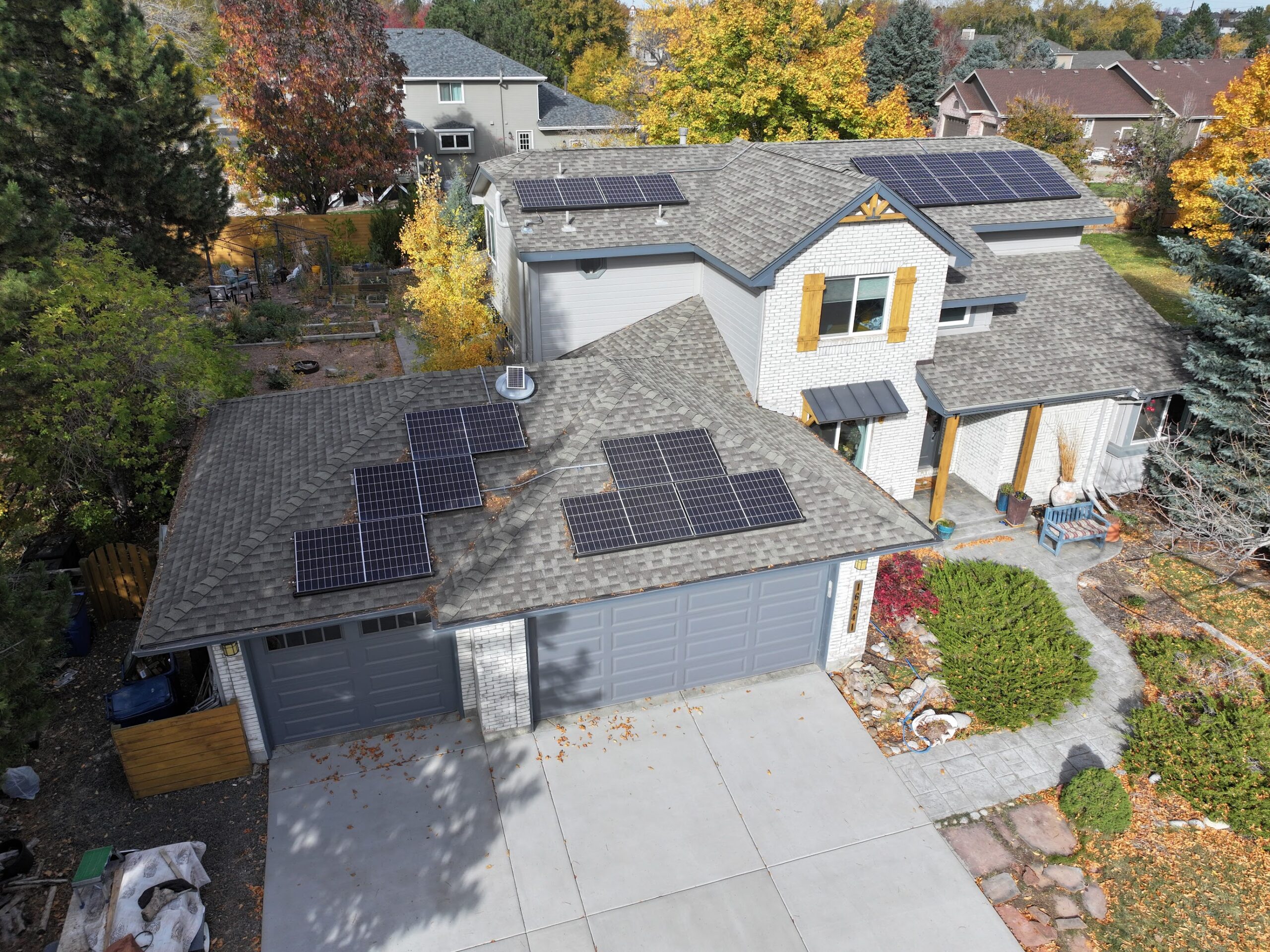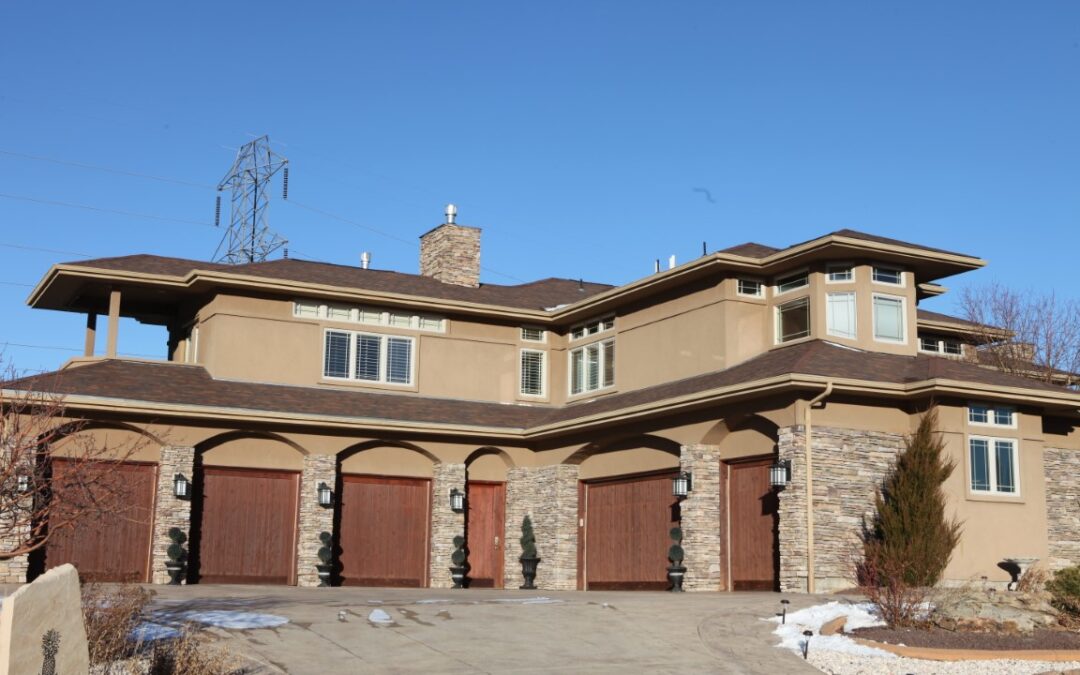Solar power is booming in the Centennial State. From Aspen to Colorado Springs, homeowners are taking advantage of generous solar incentives, rising electricity costs, and 300+ sunny days a year to lower energy bills and shrink their carbon footprint. But how much does a solar panel installation cost in Colorado today? In this comprehensive guide, you’ll learn typical price ranges, see how federal and local incentives slash upfront costs, and understand the key factors that influence the total investment for a residential solar system.
Key Factors That Influence Solar Panel Installation Costs
Several factors influence solar panels cost for Colorado homeowners:
- System size – Measured in kilowatts (kW), system size determines how many solar panels you’ll need. A larger rooftop solar system costs more overall but delivers greater energy savings.
- Solar equipment quality – High‑efficiency panels, micro‑inverters, optimizers, and battery storage increase upfront costs but boost energy production and resilience.
- Roof complexity & structural upgrades – Steeper roofs, multiple roof faces, and electrical panel upgrades add labor costs.
- Solar installer rates – Installation costs vary among local solar companies; reputable solar panel installation companies often charge slightly more for premium workmanship and longer warranties.
- Permitting & interconnection fees – Utility companies and local building departments set permit fees that can add $500–$1,500 to the total cost.
- Available incentives – The federal investment tax credit (ITC), Xcel Energy’s Solar*Rewards® program, and net metering dramatically reduce net cost and speed payback.
Average Solar Panel Installation Cost in Colorado
Below is the current price range Colorado homeowners can expect before incentives, expressed in cost per watt and total project cost. Data reflects Q3 2025 pricing from multiple reputable installers.
| System Size | Panels Needed* | Gross Cost (per Watt) | Total Gross Cost | 30 % Federal Solar Tax Credit | Net Cost After ITC |
|---|---|---|---|---|---|
| 4 kW | 10–12 | $2.40 – $3.10 | $9,600 – $12,400 | –$2,880 – –$3,720 | $6,720 – $8,680 |
| 6 kW | 15–18 | $2.15 – $2.85 | $12,900 – $17,100 | –$3,870 – –$5,130 | $9,030 – $11,970 |
| 10 kW | 25–30 | $1.95 – $2.60 | $19,500 – $26,000 | –$5,850 – –$7,800 | $13,650 – $18,200 |
*Panel count assumes modern 400‑W modules. Roof space, shade, and azimuth dictate the exact number of solar panels.
Cost data tip: Colorado’s average solar panel installation cost per watt is about $2.50 in 2025—lower than the national average thanks to healthy competition among solar installers and abundant sunshine.
Colorado‑Specific Solar Incentives & Rebates
Going solar in Colorado is more affordable than you might think thanks to stacked incentives:
- Federal Investment Tax Credit (ITC) – Claim 30 % of eligible solar installation costs on your federal tax return through 2032.
- Xcel Energy Solar*Rewards® – Earn upfront or performance‑based incentives for excess energy your solar panels produce and feed back to the grid.
- Net Metering – Most Colorado utility companies credit excess energy at retail rates, allowing you to save money by offsetting nighttime usage.
- Sales & Property Tax Exemptions – Residential solar systems are exempt from Colorado state sales tax, and added home value from solar panels isn’t counted in property tax assessments.
- Income‑Qualified Rebates – Programs such as the Colorado Energy Office’s Weatherization Assistance can cover up to 100 % of installation costs for income‑qualified customers.
Combining these incentives can slash up to 40–50 % off the upfront costs of installing solar panels in Colorado.
Cost Breakdown: Equipment vs. Labor vs. Soft Costs
A typical residential solar installation budget breaks down like this:
- Solar panels & inverters: 45 – 55 %
- Mounting hardware & wiring: 10 – 15 %
- Labor costs: 15 – 25 %
- Permitting, interconnection, engineering & overhead: 10 – 15 %
- Optional battery storage: $900 – $1,400 per kWh additional
Choosing premium equipment such as all‑black modules or integrated solar batteries raises initial cost but increases energy independence and potential savings during future storms or utility outages.
Are Solar Panels Worth It in Colorado?
With residential electricity costs rising 4 % per year statewide, many Colorado homeowners recoup their solar investment in 7–10 years, then enjoy 15–20 years of nearly free electricity. Over a system’s 25‑year lifespan, a 6 kW rooftop solar system can save $30,000 – $45,000 in avoided utility bills, assuming modest utility‑rate escalation.
Additional benefits include:
- Energy independence – Generate electricity locally and cut reliance on fossil‑fuel‑based power.
- Reduced greenhouse gas emissions – Offset 4–5 metric tons of CO₂ annually.
- Increased property value – Studies show homes with solar panels sell for up to 4 % more.
- Battery storage resilience – Solar batteries keep essentials running during outages.
Additional Cost Factors to Consider
- Roof condition – If your roof is over 15 years old, plan for roof replacement before installing solar panels to avoid costly replacings later.
- Electrical panel upgrades – Older 100‑amp panels may need upgrading to 200 amps to meet code and handle solar backfeed.
- Solar batteries – Adding a 10 kWh battery adds $9,000 – $14,000 but offers backup power and greater solar savings under time‑of‑use rates.
- EV chargers – Bundling an electric‑vehicle charger during installation can reduce labor duplication.
Frequently Asked Questions (FAQ)
How many solar panels do I need for my home? A typical Colorado home uses about 600 kWh per month. A 6 kW system (15–18 panels) covers roughly 100 % of that usage depending on roof orientation and shading.
What is the average solar panel installation cost in Colorado after incentives? Most homeowners pay $9,000 – $12,000 net for a 6 kW system, thanks to the 30 % federal tax credit and utility rebates.
Do I still get an electric bill with solar panels? Yes, but net metering credits often reduce monthly bills to the utility’s minimum service charge, especially in summer when solar panels produce excess energy.
Can solar panels work during Colorado’s snowy winters? Yes. Panels shed snow quickly under direct sun and produce well in cold, clear conditions. Annual production estimates already factor in winter performance.
What maintenance is required? Solar energy systems have no moving parts. A simple rinse a few times per year or after dust storms is usually enough. Many solar panel installation companies offer low‑cost maintenance plans.
Ready to Harness Colorado Sun?
BCZC Roofing & Exteriors partners with top‑rated solar installation companies to deliver turnkey rooftop solar systems, from professional roof inspection to final utility interconnection. We offer free estimates, expert guidance on solar incentives, and package discounts when combining solar with a new impact‑resistant roof.
Book a free solar assessment with BCZC Roofing & Exteriors today to receive a personalized solar panel installation cost estimate for your Colorado home. Lock in lower utility bills, boost property value, and power your future with clean, renewable energy.



